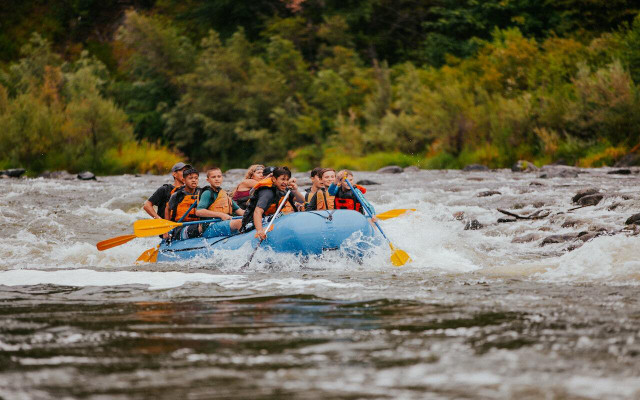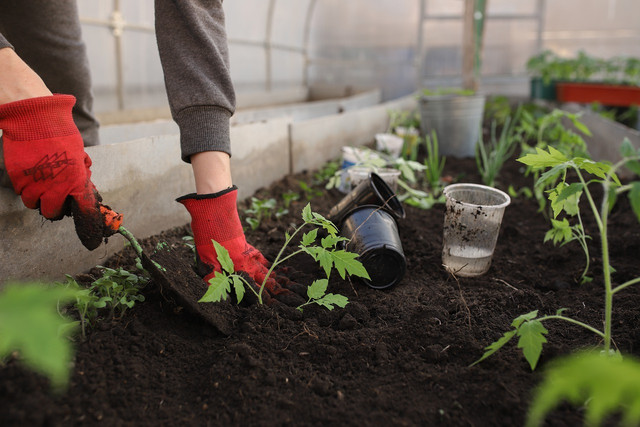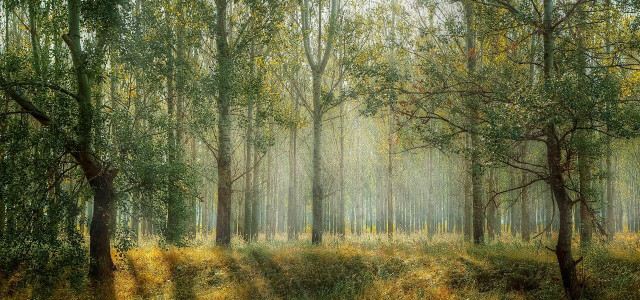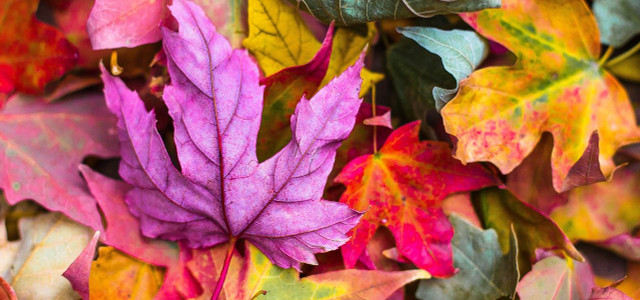Nature therapy is the practice of connecting with nature as a therapeutic approach to healing. Learn how to use it to boost your overall wellbeing.
Nature therapy, also known as eco therapy, is a type of mental health therapy that involves experiencing nature to remediate mental health symptoms, and to boost your overall wellbeing. It is based on the concept of using nature to help us heal, especially physiologically. We are increasingly alienated from the natural world as we spend more time inside and on screens, rather than outside in the fresh air. The upcoming generation is increasingly being referred to as the ‘indoor generation’. According to a survey by Velux, on average people spend 90 percent of their time indoors, and only 77 percent of us are aware that indoor air can be up to five times more polluted than breathing outdoor air.
Science shows that spending time in nature is healing for our mental health, with a 2015 study concluding that access to natural areas might be vital for mental health, in our increasingly urbanised world. Nature is known to be calming and healing on the mind, and there are many benefits to nature therapy.
What Are the Benefits of Nature Therapy?

(Foto: CC0 / Pixabay / Yeskay1211)
The healing power of mother nature is powerful, and nature therapy can have lots of benefits for our mental health. Spending time in nature is a low cost and effective way of improving your mood and overall wellbeing. Nature therapy is not just spending a few minutes in nature, you have to take time to truly observe the natural environment and find something fascinating about it, in order to get the benefits. There are numerous benefits to nature therapy:
- Increased happiness. Spending time in nature can be very grounding and restorative. Nature therapy is a type of mindfulness based stress reduction that can boost your mood and self-esteem. Taking time to appreciate nature will allow you to be more grateful in life.
- Reduced anxiety and depression. Nature is calming and energising. Spending time in nature is associated with improved mental health.
- Cognitive Benefits. Spending time in nature can specifically be beneficial for our attention abilities.
- Boosts your immune system. Nature therapy can have physical health benefits too, such as positively stimulating the immune system.
- More opportunities for social connection. If you take part in a nature therapy programme, you don’t just interact with nature, but with new people too, as the activities are often done in a group setting. This can help overcome loneliness.
Nature Therapy Methods



(Foto: CC0 Public Domain / Unsplash / Vince Fleming)
Seven popular types of nature therapy include:
- Nature meditation. Meditation is the practice of focusing attention on something, normally you breath, in order to turn your concentration away from negative thoughts and emotions. Nature mediation involves meditating outside in nature amongst trees, plants, grass or water.
- Garden therapy. Gardening activities can include tending to gardens and growing your own vegetables. If you do not have a garden, you can grow your own herb garden inside.
- Exercise in a natural environment. This could be running or cycling in green spaces such as parks and trails, and blue exercise is exercising in or near natural bodies of water. Exercising in the natural environment has many mental health benefits.
- Wilderness therapy. These structured group therapy programs are typically offered as treatment programs. Many of them serve young people who experience challenges such as mental health problems and behavioural issues. The programmes involve outdoor activities such as hiking, raft making and mountain biking.
- Forest Bathing. A tradition known as Shinrin-Yoku in Japan and China, forest bathing involves immersing yourself in nature mindfully. A review of 127 academic papers published between 2007 and 2017 found that forest bathing has physical health benefits such as reducing heart rate and blood pressure, and wellbeing benefits such as increasing relaxation and feelings of calm.
- Nature conservation. This type of therapy involves taking part in conservation projects that look after the natural environment, such as caring for endangered animals, restoration projects, and litter clean-ups. Nature conservation is about giving something back to nature.
- Arts and crafts in nature. Making art can include materials from nature like leaves, wood, or soil, or be done in nature.
Where Can You Practice Nature Therapy?



(Foto: CC0 / Pixabay / Katya_Ershova)
Nature therapy is practiced in green parks, forests and woodlands, as well as blue spaces such as near natural bodies of water such as oceans and lakes. However, you do not need to live in the countryside to be able to practice nature therapy. If you live in an urban area, you can practice nature therapy in a local park, or even in your garden. Gardening is an effective form of nature therapy to practice on a regular basis if you do not have many green spaces on your doorstep, and if you are not able to travel far. Even if you only have a small outside area, you can practice urban gardening. You can even bring nature indoors by adding plants to your house.
To get involved in eco therapy, you can contact local mental health charities who organise programmes with trained professionals.
Read on:
- Native Gardening for Wildlife: Benefits and Tips for Beginners
- 8 Yoga Alternatives With Similar Benefits
- How to Reduce Stress: 7 Ways to “Decelerate” Your Life
Important Information regarding Health-related Topics.
** Links to retailers marked with ** or underlined orange are partially partner links: If you buy here, you actively support Utopia.org, because we will receive a small part of the sales proceeds. More info.Do you like this post?







